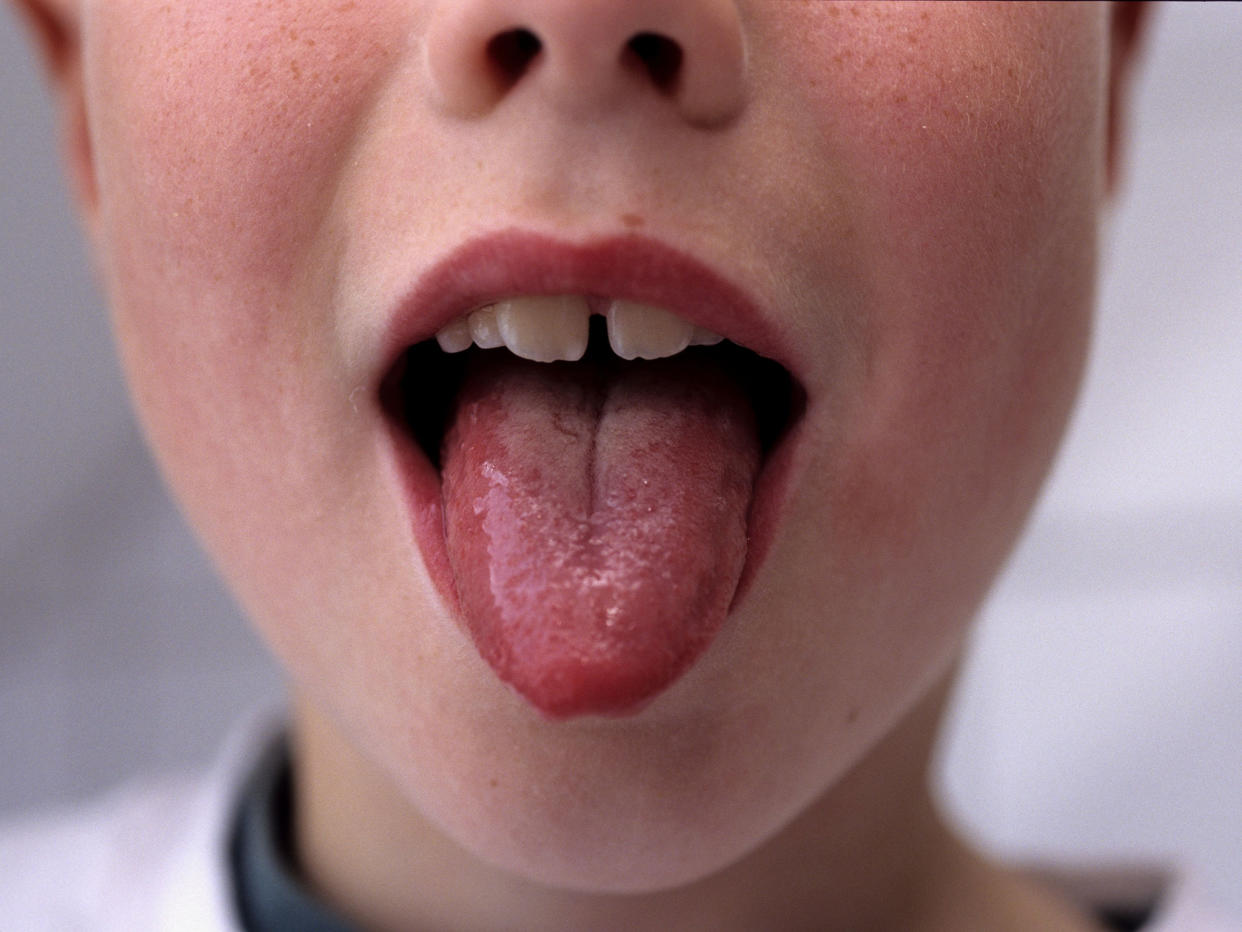Scarlet fever: Doctors warn parents to look out for symptoms amid increase in outbreaks

Doctors are warning parents to check their children for rashes and swollen tongues following an increase in outbreaks of scarlet fever.
The bacterial illness, which mainly affects children under 10, is easily treated by antibiotics but is extremely contagious, even after treatment has begun.
In Liverpool, 12 suspected cases were reported last week. This is more than twice the city’s average in recent months, according to the Liverpool Echo.
While scarlet fever is much less common than it used to be, outbreaks of the illness appear to be on the rise, especially in winter when infections are more frequent.
Public Health England was notified of at least 12,906 cases of scarlet fever last winter – up from 5,746 the year before and 2,830 between September 2013 and March 2014.
The areas with the highest infection rates last year were the East Midlands, Cheshire and Merseyside, Yorkshire and the Humber and Wessex. London reported the lowest number of cases relative to its population.
So my sister has scarlet fever and her whole body is covered in a rash like this ouch pic.twitter.com/6x46nxVRmB
— Maddie (@MaddiAffliction) August 7, 2013
Scarlet fever is caused by a bacteria known as group A steptococcus (GAS), which are found on the skin and the throat.
It can cause a sore throat, high temperature and flushed cheeks as well as a blotchy rash, and often strikes after bacterial skin infections such as impetigo.
“The continued elevation of invasive GAS disease in 2016 compared with recent years is of concern and continued vigilance is recommended,” said Public Health England in a report.
A Public Health England spokesperson said while this year’s spike in cases had primarily been seen in the North West.
But given the high number of reports of the illness last year, “we are keeping a very close eye on national and local notifications,” they said, according to the Birmingham Mail.
There is currently no vaccine for scarlet fever, but children and adults are advised to use tissues when they sneeze and avoid sharing utensils, towels or bed linen to stop the illness spreading.


